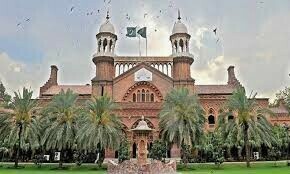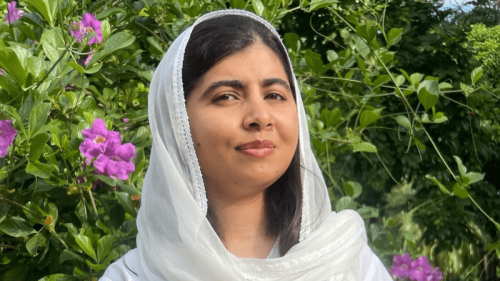Speakers at a conference on Monday called on all stakeholders to join hands for collective actions to save Afghan refugee journalists from current humanitarian challenges they face while waiting for resettlement in other countries.
Scores of Afghan journalists left Afghanistan after the 2021 collapse of Ashraf Ghani’s government in the face of the Taliban’s advance towards Kabul to take shelter in Pakistan before some of them were resettled in European and non-European countries.
Almost all Afghan journalists in the country are jobless and face economic crises, according to the speakers at the Pak-Afghan Journalists Solidarity Network (PAJSN) and Freedom Network which jointly organised the “Stakeholders Conference on Assisting Afghan Media Practitioners in Pakistan” in Islamabad.
Afghan journalist Sher Shah Hamdard told the conference that space for independent journalism shrank significantly after the new regime in Afghanistan.
“Our journalists and media workers face various restrictions, and even their lives have been put in danger. Because of this, hundreds of journalists and their families have moved to Pakistan. These journalists have come to Pakistan to resettle in third countries,” Hamdard said.
“We understand our problems require a multilateral approach. Pakistan may play its role to continue issuing visas but the international community has a role also to play.
“We acknowledge the fact that both Pakistan and the international community have been quite generous in the recent past assisting us with visas to travel to Pakistan with legal documents and forward movement beyond Pakistan,” he said.
However, he said visa cases of Afghan journalists were progressing very slowly at the embassies with either no follow-ups or sharing of information once cases were taken up.
In a video message, Reporters Without Borders (RSF) Advocacy and Assistance Director Antoine Bernard urged stakeholders to urgently take steps to resolve challenges faced by the exiled journalists.
“We need the Pakistan government, embassies and the UN system to join hands to support these Afghan journalists as we believe unless these key stakeholders join hands, Afghan journalists’ issues and challenges will remain unsolved,” he said.
The tag of being an “illegal resident” was nerve-breaking. A speaker said the police searched for them and those who had renewed Pakistani visas confined themselves to their small rooms to escape arrest or harassment.
Another said that getting a fresh visa or renewing the Pakistani visa for Afghan journalists was a “Herculean task”.
Freedom Network Executive Director Iqbal Khattak thanked various stakeholders, including the government, the EU, the UN, the ambassador of France and media bodies, for extending assurances for the resolution of the humanitarian problems faced by the exiled Afghan journalists.
The Freedom Network launched a pilot six-month advocacy campaign for exiled Afghan journalists to connect them with Pakistani policy-makers and the international community through its embassies in Islamabad and the UN systems.
Media support groups also endorsed the “Islamabad Declaration” passed unanimously at the “Dialogue on Assisting Afghan Media Practitioners in Pakistan”.
“All stakeholders will support these journalists in short, medium and long-term policies about their legal stay in Pakistan, resettlement in third countries and respect to their fundamental human rights,” reads one of the demands made through the “Islamabad Declaration”, according to a press release.
The Freedom Network-hosted dialogue was attended by support groups such as the Pakistan Federal Union of Journalists, Rawalpindi-Islamabad Union of Journalists, National Press Club, Khyber Union of Journalists, Peshawar Press Club as well as International Media Support, Digital Media Alliance of Pakistan, Reporters Without Borders and Women Journalists Association of Pakistan.
“All stakeholders will, under international humanitarian laws, conventions and obligations, help the stranded Afghan journalists in Pakistan any required assistance as long as they need the assistance and prioritise support for Afghan women journalists among those exiled,” the declaration said.
The conference was aimed to help improve the visibility of the need for redressing the challenges faced by Afghan journalists in exile and especially garner the attention of policymakers to their plight.













































Dear visitor, the comments section is undergoing an overhaul and will return soon.